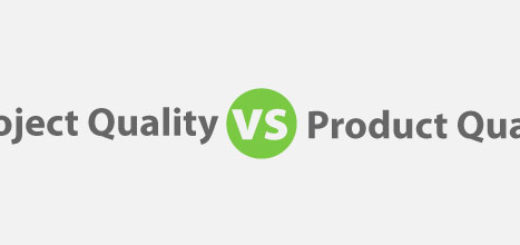Project Procurement Management: Contract Types for PMP Exam
Project Procurement Management is usually considered more difficult to most Aspirants as many project managers do not have sufficient knowledge and experience in dealing with contracting issues — contract administration, contract types, contract closure, etc. This post will expound on the various types of contracts that are mentioned in the PMBOK® Guide®...



























